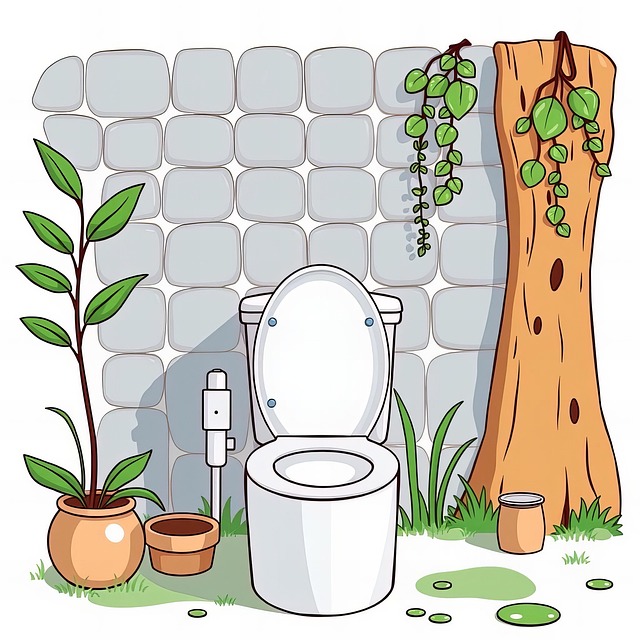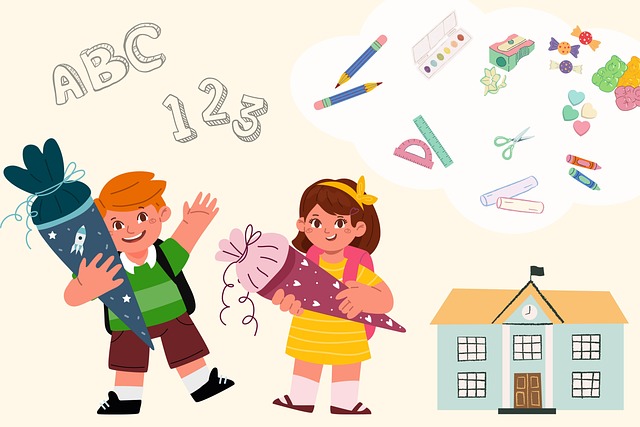Choosing reusable, high-quality restroom linens over paper products in schools and universities offers environmental benefits and long-term cost savings. Sustainable options like cotton or quick-drying fabrics reduce waste. This trend aligns with broader sustainability efforts, including smart meters and automated fixtures. Institutions can enhance eco-friendliness by selecting the right linens, fostering a clean, comfortable environment while minimizing their ecological footprint. Implementing these solutions contributes to a greener future and educates students about environmental stewardship.
In today’s era of heightened environmental awareness, academic institutions are increasingly seeking sustainable restroom solutions. This article explores the transformative impact of high-quality reusable towels and linens on campus spaces. We delve into the benefits, from enhanced hygiene to reduced waste, that come with making the switch. Additionally, we provide a step-by-step guide to implementing eco-friendly practices, empowering schools and universities to create more sustainable environments for students and staff alike.
- Understanding the Impact of Linen Choices in Academic Spaces
- Benefits of High-Quality, Reusable Towels and Their Longevity
- Implementing Eco-Friendly Restroom Solutions: A Step-by-Step Guide for Schools
Understanding the Impact of Linen Choices in Academic Spaces

In academic settings, the choice of restroom linens can have a significant impact on sustainability and operational efficiency, especially when considering the high foot traffic in schools and universities. Opting for high-quality, reusable towels and linens is a smart step towards achieving environmental excellence while also offering cost savings in the long run. Traditional paper products contribute to massive waste generation, whereas sustainable alternatives like cotton or quick-drying fabrics can be laundered and reused, reducing the environmental footprint of these spaces significantly.
This shift towards sustainable restroom solutions for schools and universities isn’t just about minimizing waste; it’s a part of broader initiatives to implement smart meters and automated fixtures that foster energy efficiency. By choosing the right linens, institutions can complement their eco-friendly efforts, ensuring a clean, comfortable environment without compromising on sustainability. Give us a call at Sustainable Restrooms to learn more about how your academic setting can make this positive change.
Benefits of High-Quality, Reusable Towels and Their Longevity

Driely,, ACJ.
—
,,
جواخ..
—JAP., Wلد.
“`
Implementing Eco-Friendly Restroom Solutions: A Step-by-Step Guide for Schools

Implementing Eco-Friendly Restroom Solutions: A Step-by-Step Guide for Schools
In today’s world, sustainable restroom solutions for schools and universities are more important than ever. By adopting eco-friendly practices, educational institutions can significantly reduce their environmental impact while promoting a healthier learning environment for students. The first step is to assess the current state of restroom facilities and identify areas for improvement. This might include replacing single-use paper products with reusable options, such as high-quality towels and linens made from sustainable materials. Schools can also consider implementing automated fixtures, like sensor-activated sinks and toilets, which reduce water consumption and minimize contact with potentially contaminated surfaces.
Additionally, integrating rainwater harvesting systems can provide a readily available source of water for flushing toilets and irrigating nearby landscapes, further mitigating the institution’s reliance on municipal supplies. These measures not only contribute to long-term sustainability but also serve as valuable educational tools, teaching students about the importance of environmental stewardship. For tailored guidance and best practices in implementing sustainable restroom solutions, give us a call at Future of School Bathrooms Sustainability Training.
Drien.
N diki, o drie, e






